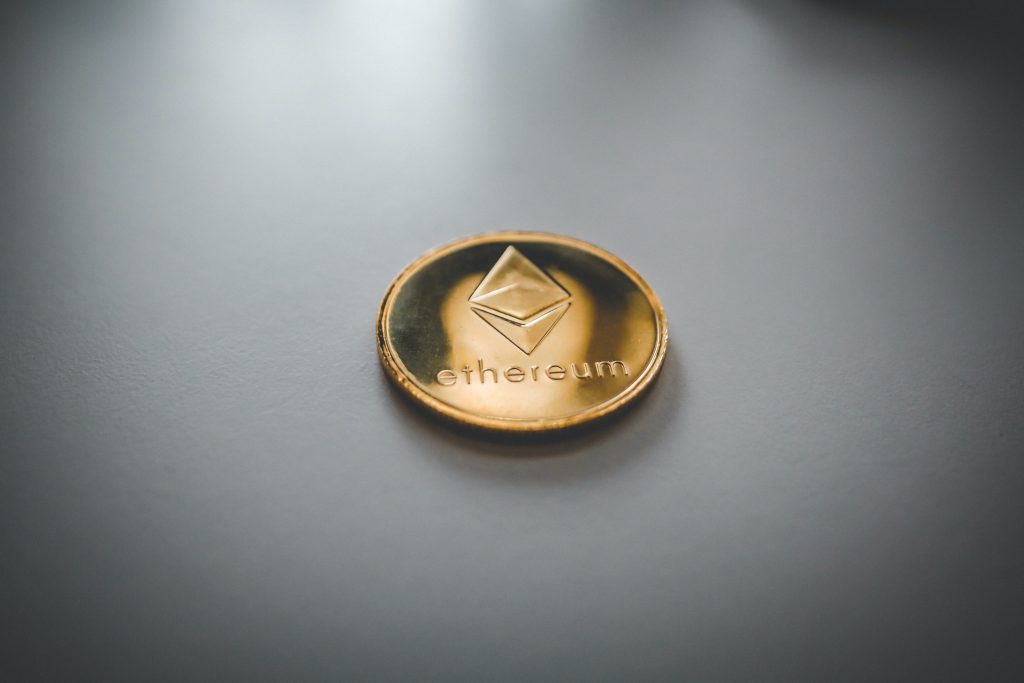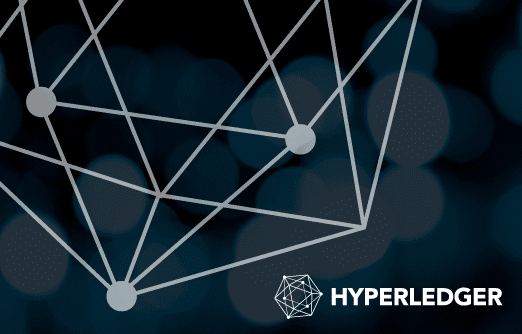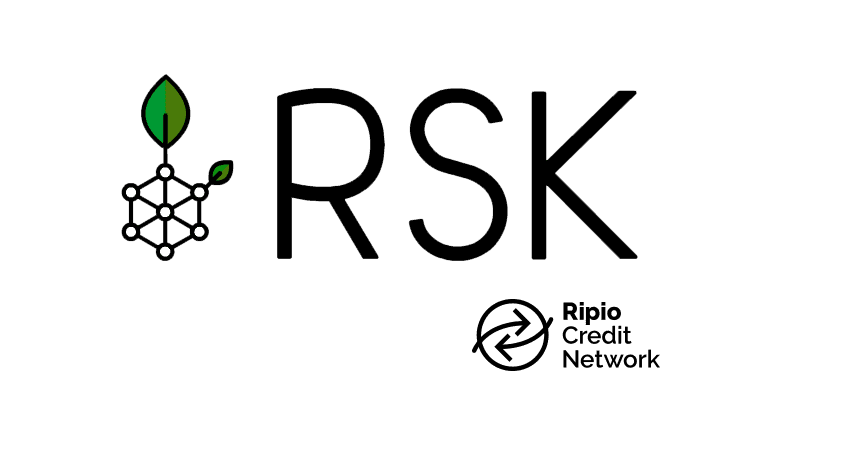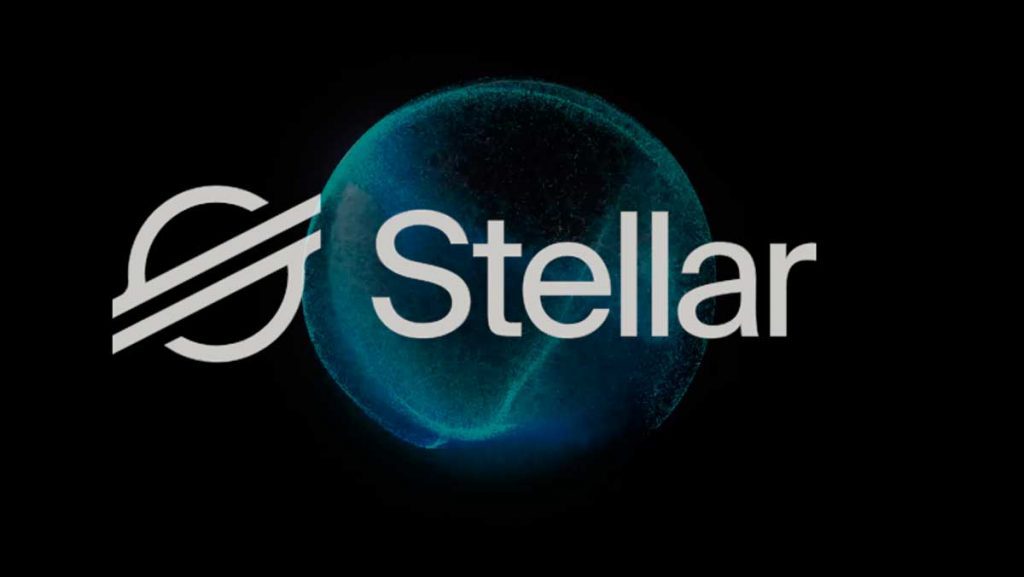Contents
Cardano is an advanced platform for innovative contract development based on the proof-of-stake blockchain.
Cardano as a smart contract platform. The primary goal is to solve the scalability and balance the need to regulate privacy and the decentralization of blockchain technology. Most of the Cardano platforms are still in the development phase and are prospering slowly, but it has a promising and ambitious vision for the future.
The founder of Cardano Network envisions building a blockchain platform on the strength of academic peer review. Cryptography experts & researchers around the globe add their contribution to the set of principles, systems, and codebase holding the network of Cardano. You can not implement anything on the Cardano network without a reliable and rigorous review of its scalability, security, and effectiveness.
This close focus review and highly secured coding make it unique in the blockchain community that most of the making stuff up as it functions. In an industry with great scandals in its hampered projects and outright frauds, it is refreshing to see a project that can take a scholarly approach to building new technologies.
This is why the Cardano network has received colossal attention; it is rising quickly to become one of the top ten cryptocurrencies globally. The ideas behind the Cardano network are praiseworthy and will add significant value if appropriately executed. So, for now, the Cardano network has done a magnificent job in terms of real innovation and in giving outputs.
Origins of Cardano
Cardano Network is founded in Switzerland. Its primary goal is to create the next peer’s smart contracts platform and an ecosystem by learning and improving on lessons learned in the Bitcoin & Ethereum communities. Cardano is the first blockchain platform to evolve out of research and driven out of scientific philosophy.
Some of the significant goals of Cardano networks are to improve the following:
- Scalability
- Security
- Governance
- Interoperability
Cardano innovations can be directly compared with those of Ethereum communities, while its design center and approach to meet the goals somewhat differ from those of Ethereum.
Just like Ethereum, the Cardano network has a funded Non-profit organization, and it carries out the research and development of the protocol, additionally contributing to societal development as well.
Cardano is a revolutionary blockchain technology to develop a new decentralized economy and democratize investment in emerging markets. It enables decentralized applications and contracts to build and executed in a low-cost, secure, and scalable way. The Project is different as it openly marks the need for regulatory oversight while maintaining the customer’s privacy and giving protection through its innovative software design.
Cardano is a fully open-source, decentralized, public blockchain and cryptocurrency. Cardano is developing an innovative contract platform to deliver more advanced features than any other protocols developed previously. The part of the protocol is a layered blockchain software that is secure, scalable, and flexible. Developers designed it with the most strict academic & commercial software standards in the industry. Cardano will use a free democratic governance practice to allow the project to Evolve and sustainably fund itself through a visionary treasury system.
What are Smart Contracts and their benefits?
Smart contracts are a series of codes that are saved & stored on a blockchain and are executed automatically when the default terms and conditions are met. At the most basic level, they are software programs set up to be run by the people who developed them. The benefits of Cardano Smart Contracts are pretty likely in business partnerships, in which they are usually used to execute some of the agreements so that both parties can be sure of the result without intermediary interference.
Other smart contract platforms
A Cardano smart contract is written in a formal language understood by humans and computers. Cardano smart contracts can trigger actions directly in the digital domain, such as making payments or transferring digital asset ownership. However, some legal contracts require a trusted third party that drives to perform certain actions at a specific time; usually, a contract entails simultaneous exchanges of goods. Cardano Smart Contracts can play the role of the trustee by replacing them with a computer program. Therefore, as long as all the program’s input & output are in the digital domain, the Cardano smart contract will be wholly automated and self-executing.
Here are some other Smart Contract platforms that let you dive into it.
Ethereum
Although most people are aware of Ethereum because of its token, Ether, or ERC-20, most people are unaware that Ethereum was one of the most exciting startups in the last decade.
It is the top choice for many developers as it leads the Smart Contract platforms. A young Russian-Canadian Programmer, Vitalik Buterin, in the year 2013, released the Ethereum white paper and introduced the Smart contract platforms. Since then, Ethereum has grown its strengths, becoming one of the healthiest developer communities in the crypto space.


Features of Ethereum Smart Contract Platform:
- Free & easy to set up.
- Standard token or ERC-20
- Ethereum owns a smart contract programming language
- It has clear guidelines for developers
- Ethereum has a cutting-edge development community
- Lots of literature and help are available
- Smart contract developers always have experience using the Ethereum
Pitfalls of the platform:
- Ethereum Network gets overloaded sometimes
- Ethereum is more expensive than any other platforms
- Developers have found multiple security issues with the code. In addition, the low-quality smart contract code has exposed several contracts to hackers.
Hyperledger Fabric
Hyperledger Fabric is at the top of the list of Ethereum competitors. The hyperledger fabric project started in December 2015 & the Linux Foundation set it up. Hyperledger is an open-source project that aims to promote blockchain development. There are now many different frameworks that are being developed under the Hyperledger banner. Including:
- Hyperledger Burrow
- Hyperledger Fabric
- Hyperledger Sawtooth
- Hyperledger Indy
IBM developed Hyperledger Fabric; it has a permission blockchain infrastructure that encourages the execution of smart contracts. Hyperledger Fabric is a leading smart contract platform that proves itself as an alternative to the Ethereum platform. Its blockchain is far more flexible than Ethereum.


Some of the drawbacks of the hyperledger
One of the top cap drawbacks of the hyperledger is that it doesn’t have a token system. Even though it does have some advantages, hyperledger limits the sorts of Smart Contracts you can quickly deploy via its platform. Some companies wishing to develop smart contracts need some payment transfer, so they had better stick to Ethereum.
Why use Hyperledger Fabric:
- It is Open Source and free to use
- It has Permissioned membership
- Funded & Supported by IBM
- Allows you to code the contracts in various languages
- Reliable Performance
- Supports plug-in components
Drawbacks:
- It does not have a token system
Rootstock – RSK
Rootstock or RSK is a Smart contract platform connected to the Bitcoin blockchain by sidechain technology. Their authors developed Rootstock to be compatible with Ethereum apps but using Bitcoin, the underlying cryptocurrency. The vision behind the birth of Rootstock was to give the Bitcoin blockchain Smart Contract functionalities. It has several advantages: it is long-running, with wide distribution, awareness, and proven security. Moreover, with its healthy community, it has reliable hashing power. Rootstock wants its users to experience the benefits of Bitcoin as a store of value by providing smart contract functionality and higher scalability.


Stellar
Stellar was founded in 2014, making it one of the oldest Smart platforms. The Stellar Development Foundation maintained it and has been declared one of the most exciting blockchain startups. Recent news stories that involve many large companies deciding to implement a stellar platform into their current working infrastructure and industry experts have convinced that the stellar network is a great working place.
One of the most critical areas where large companies look forward to executing stellar is facilitating international payments. In late 2017 Stellar collaborated with IBM & KlickEx to offer a new low-cost method to transact across the border and in the South Pacific regions. When discussing the best platform for smart contracts, stellar is arguably more straightforward than Ethereum. However, it is built to promote simple, Smart contracts such as ICOs.


Conclusion
Cardano is a new blockchain project founded by the co-founder of Ethereum. The main idea is to bring precise & accurate scientific principles & peer-review research into the crypto sphere. ADA is the most assuring coin to keep track of soon with its proprietary Smart contract platform. Cardano releases Marlowe, a host of use cases, its developed programming language that aims to create and execute the Smart financial contract using the Cardano Blockchain network.
There is an extraordinary case for Marlowe, which enters the financial services field and becomes a killer app with a growing threat to end Ethereum’s dominance. Cardano is used for sending and receiving digital funds, and this digital currency is the future of money. More than just a cryptocurrency, Cardano is a technological platform capable of running a financial payment system, which organizations, governments & people around the globe currently use.
The platform is developed in layers, which further gives this system the flexibility to be maintained more efficiently and allows upgrades to be made using soft forks. Cardano platform also runs decentralized application services that are not controlled by any other single party but operate on a blockchain. Cardano’s main innovation is that it would align the interests of consumers to those of regulators and, in doing so, it will merge privacy with regulation. Cardano’s vision is that its new model of regulated computing would bring greater financial inclusion by offering everyone access to equal financial services.
